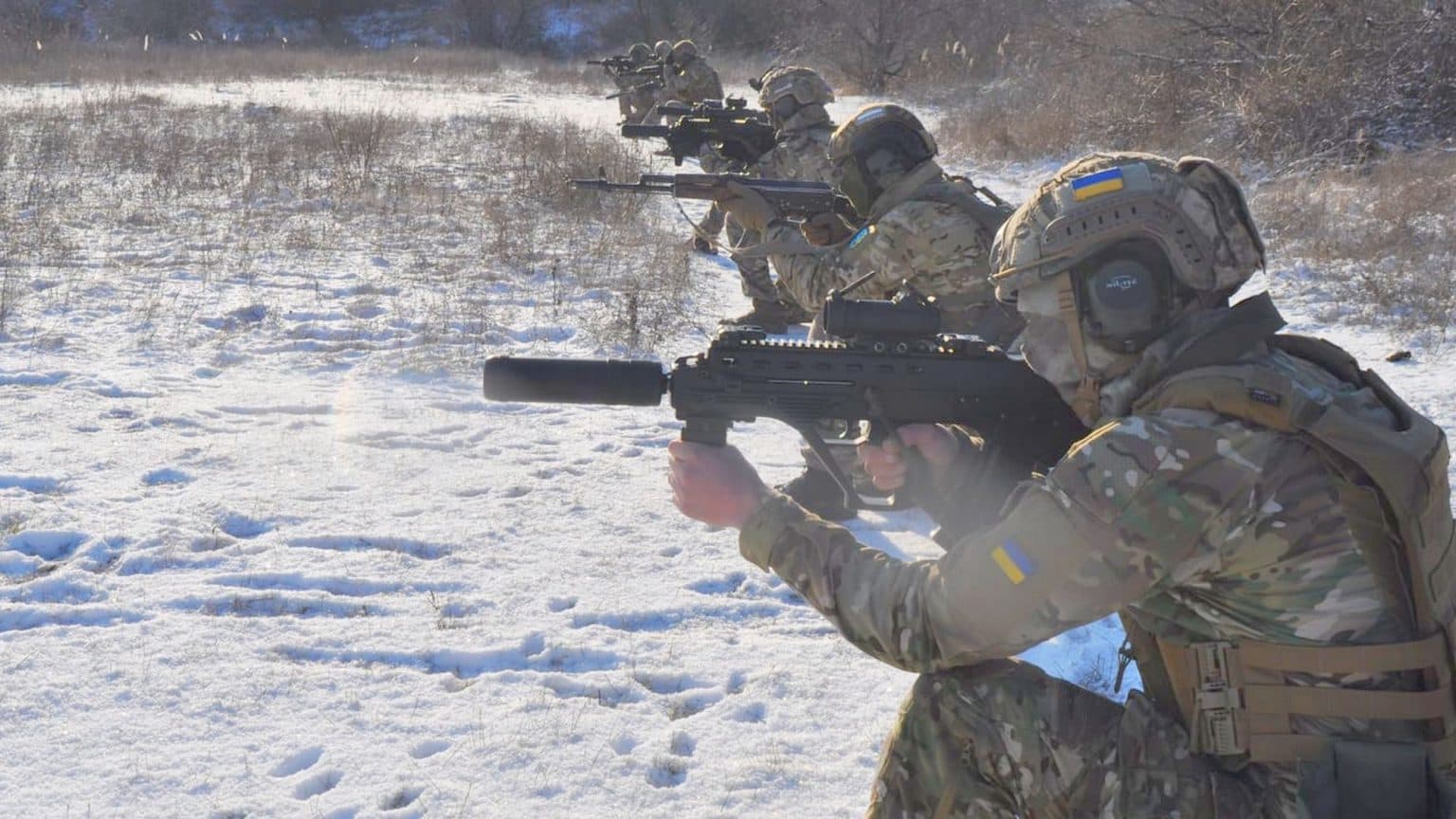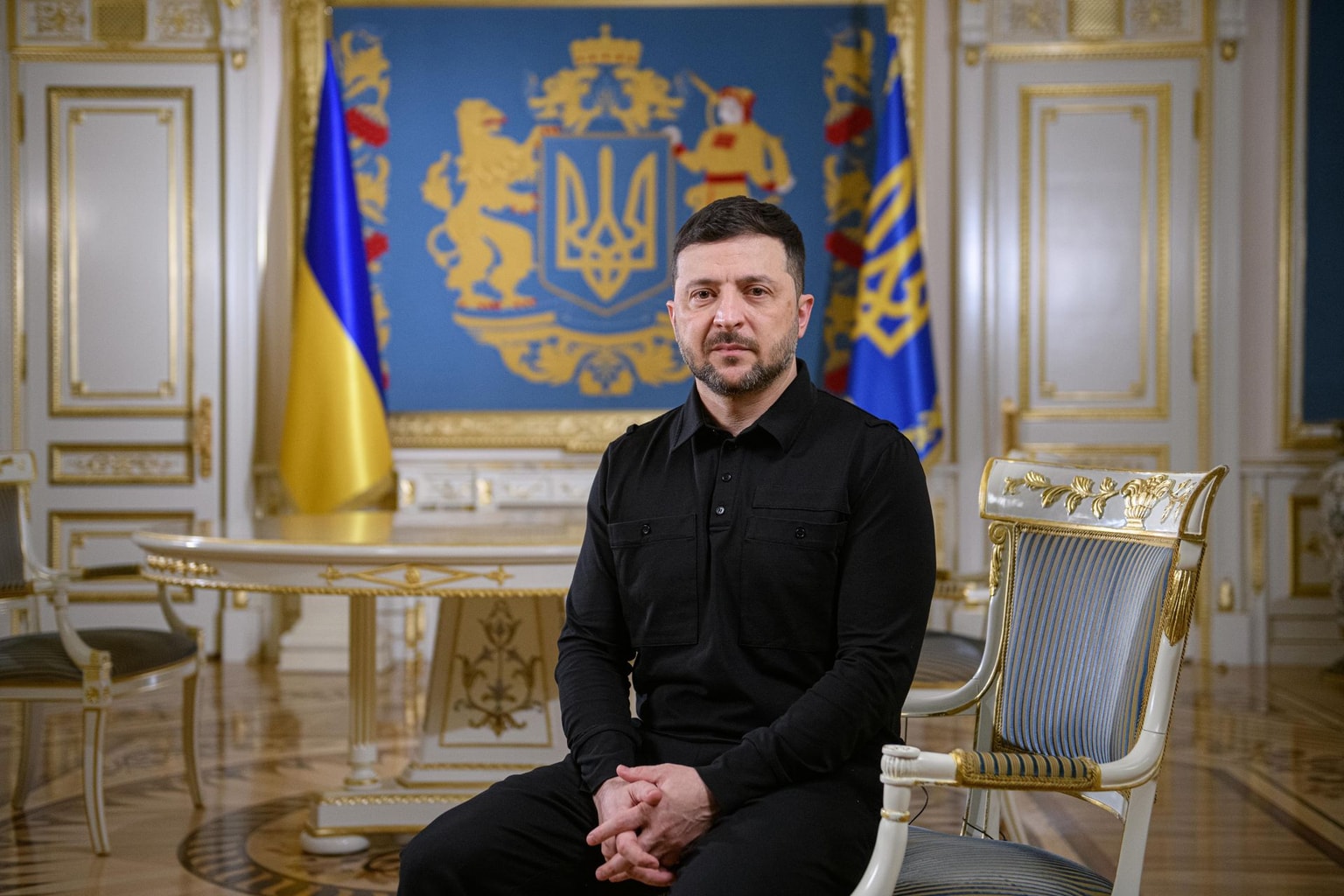Timothy Ash: Putin the gambler may have gone too far to back down

Editor’s Note: This op-ed was published by Atlantic Council. It is republished here with permission.
Russian President Vladimir Putin has moved to escalate tensions with Ukraine in recent months by putting a huge and unprecedented Russian military force on its borders while launching a concerted “coercive” diplomatic effort sketching out new red lines for NATO.
While his next steps are uncertain, some still believe he will ultimately deescalate. However, it is far from clear whether he can do this without losing face if, as seems likely, NATO and Ukraine only concede to very few of his demands. This will loom large in his decision-making process from here on.
So far, Putin has secured a number of wins from the current crisis.
He has got the attention of the Biden administration and the West in general. Biden rewarded him with a summit call in late December, while there have also been subsequent high-level meetings between Blinken and Lavrov and their deputies.
It is important to remember here that the likes of US National Security Advisor Jake Sullivan had earlier persuaded Biden to pivot to Asia and focus on the three Cs: Covid, Climate and China. Instead, this year it has been all about Russia. Putin has made clear that he is not just a footnote in US foreign policy but remains the first chapter and maybe an entire book to be written later this year.
Putin has enhanced his image as the guy who calls the shots and the poker player with all the cards. More than ever, he is seen as a leader who everyone has to contend with if they want solutions to the geopolitical problems that he typically creates himself.
He has also forced NATO to focus on security challenges in Europe. By setting outrageous red lines in terms of no NATO deployments to members that joined after 1997, he has made people question further enlargement, particularly to Ukraine.
By creating a crisis in Eastern Europe, Putin has succeeded in exposing Western weakness and divisions, both within the EU and in terms of Europe's relations with the US. Herein note Emmanuel Macron’s ludicrous idea that Europe can decide on its own security arrangements. How does the French President hope to defend Europe against Moscow’s overwhelming conventional military superiority without US troops?
Germany’s role has also been brought into question by tribulations over NS2 together with Berlin’s incredible double standards in not providing defensive weapons to Ukraine and preventing others from doing so.
Meanwhile, energy prices have been driven higher by the current geopolitical crisis, helping improve Russia’s balance sheet. That said, this could have been achieved without a military escalation and by just restricting energy supplies to Europe, which also seems to have been done according to IEA chief Fatih Birol.
The crisis has allowed Putin to highlight Russia’s significant military capability to the world and demonstrate his willingness to use it in support of “coercive” diplomacy. The build-up along the border with Ukraine has served as a showcase for the huge upgrade achieved thanks to the investments made in the Russian military over the past decade. However, this impressive vision of military might has yet to pass the ultimate test of effectiveness in action and might still be a Potemkin Village.
These are all clear wins for Putin, even if he chooses to go no further. But what about the other side of the ledger?
If the Russian leader does not proceed with some form of military action in the weeks ahead, his bluff will have been called. Critics will inevitably say that while he was able to move thousands of troops up to the border and make threats, he lacked the gumption to pull the trigger. He had the chance to take Ukraine and he bottled it, they will argue. As a result, any future attempt to threaten a major escalation may not be taken seriously.
By backing away from a military escalation, Putin would risk being accused of failing to secure serious concessions on Ukraine or from NATO. He would be seen as a man who talks a lot and threatens but, when faced with a tough response from the other side, eventually backs down.
While exposing divisions in the West, Putin’s coercive diplomacy has also shown him to be the main threat to European security. Even in Germany and France, the PR campaign has been lost by Putin and public opinion is shifting against him. The West is uniting around the idea that Putin is a problem and needs to be countered.
This crisis and the pressures put on energy markets in Europe will re-enforce the view that Russia is an unreliable energy supplier. Irrespective of the ongoing debate over the Nord Stream 2 pipeline, this will accelerate Europe’s diversification away from Russian energy and Russian trade in general, weakening the Russian economy and increasing its dependence on China. This might not be particularly appealing for Putin as Russia faces a huge long-term security threat from China in its Far East.
Crucially, Ukraine has not buckled under Kremlin pressure. Instead, Putin’s military build-up and the threat of a full-scale invasion have cemented opposition to Russia in the country. Ukrainians have rallied in large numbers to join self-defense units, while the West has come out clearly in defense of Ukrainian sovereignty and the country’s right to self-determination.
Ukraine is currently being re-armed at an accelerated pace, despite this being one of Russia’s main concerns. Ukraine is now considerably better able to defend itself that at the beginning of the crisis just a few months ago. US military aid has increased while Britain, the Baltic states, Poland, Canada, the Czechs and the Dutch have all stepped up military support or vowed to do so. As a result, the cost of any Russian military victory in Ukraine is now likely to be significantly higher.
Putin is already paying a price for the current confrontation, which is further damaging Russia’s image as an investment destination. Geopolitical and sanctions risks have increased. Fewer foreign investors will want to invest in Russia and those already there will reduce exposure.
This means higher cost of capital and lower growth. It also means lower living standards for Russians and a greater risk of Kazakhstan-style social unrest. Putin will likely respond with more repression. Russia risks becoming trapped in a vicious cycle of less foreign investment, lower growth, and declining living standards.
Given the numerous negative outcomes Putin presently faces, I would argue that he risks emerging from the current crisis as a net loser unless he proceeds further. Does he see it the same way? If so, will he escalate from here? At this point, he may feel that he has little choice.









